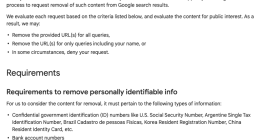What Counts as “Good Faith Security Research?”
The U.S. Department of Justice (DOJ) recently revised its policy on charging violations of the Computer Fraud and Abuse Act (CFAA), a 1986 law that remains the primary statute by which federal prosecutors pursue cybercrime cases. The new guidelines state that prosecutors should avoid charging security researchers who operate in “good faith” when finding and reporting vulnerabilities. But legal experts continue to advise researchers to proceed with caution, noting the new guidelines can’t be used as a defense in court, nor are they any kind of shield against civil prosecution.













